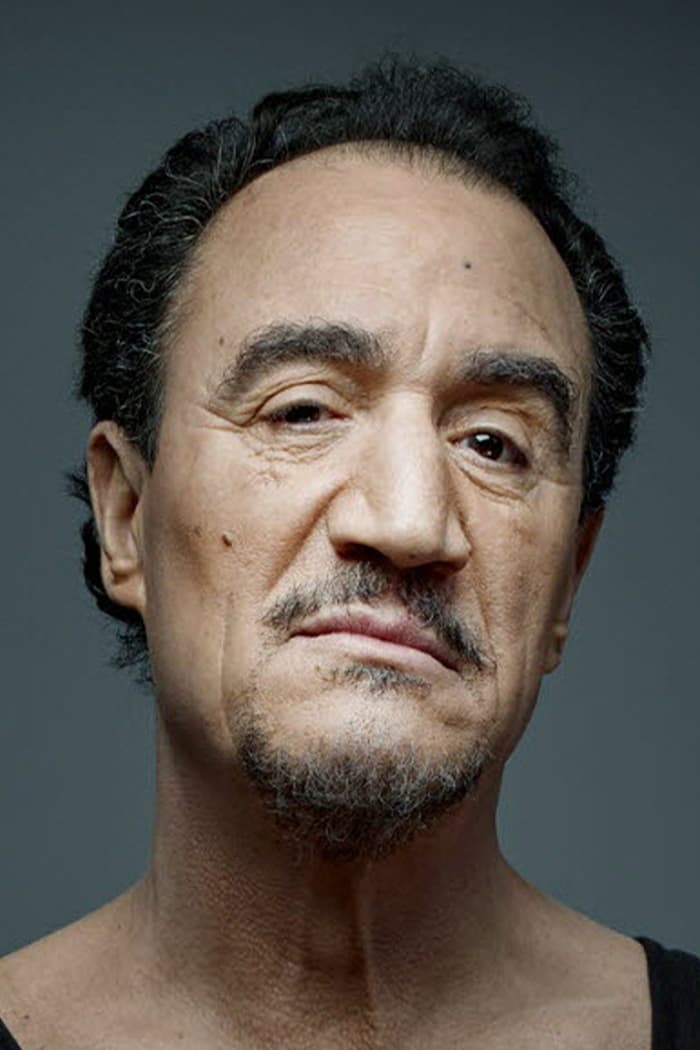
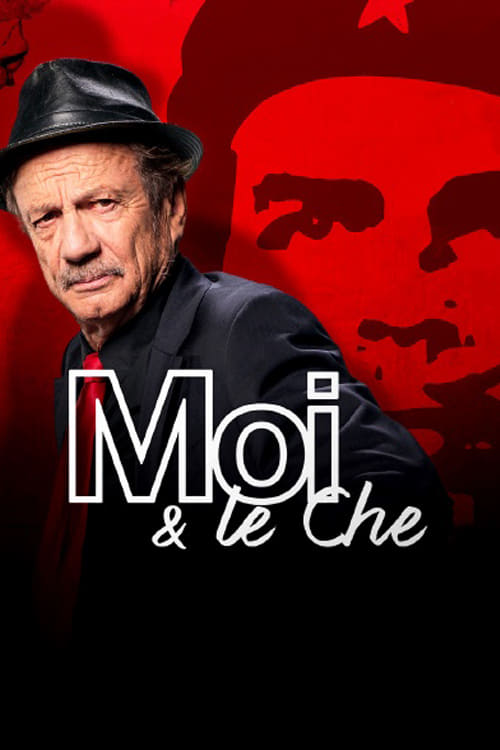
GO is not just an aging college teacher. He still is the young 18 year-old idealist who dared to engaged in social and political action to defend his principles. As a matter of fact, he was one of El Che’s last companions. It was somewhere over there, in Bolivia, in 1967. At least, that’s what he tells everyone...
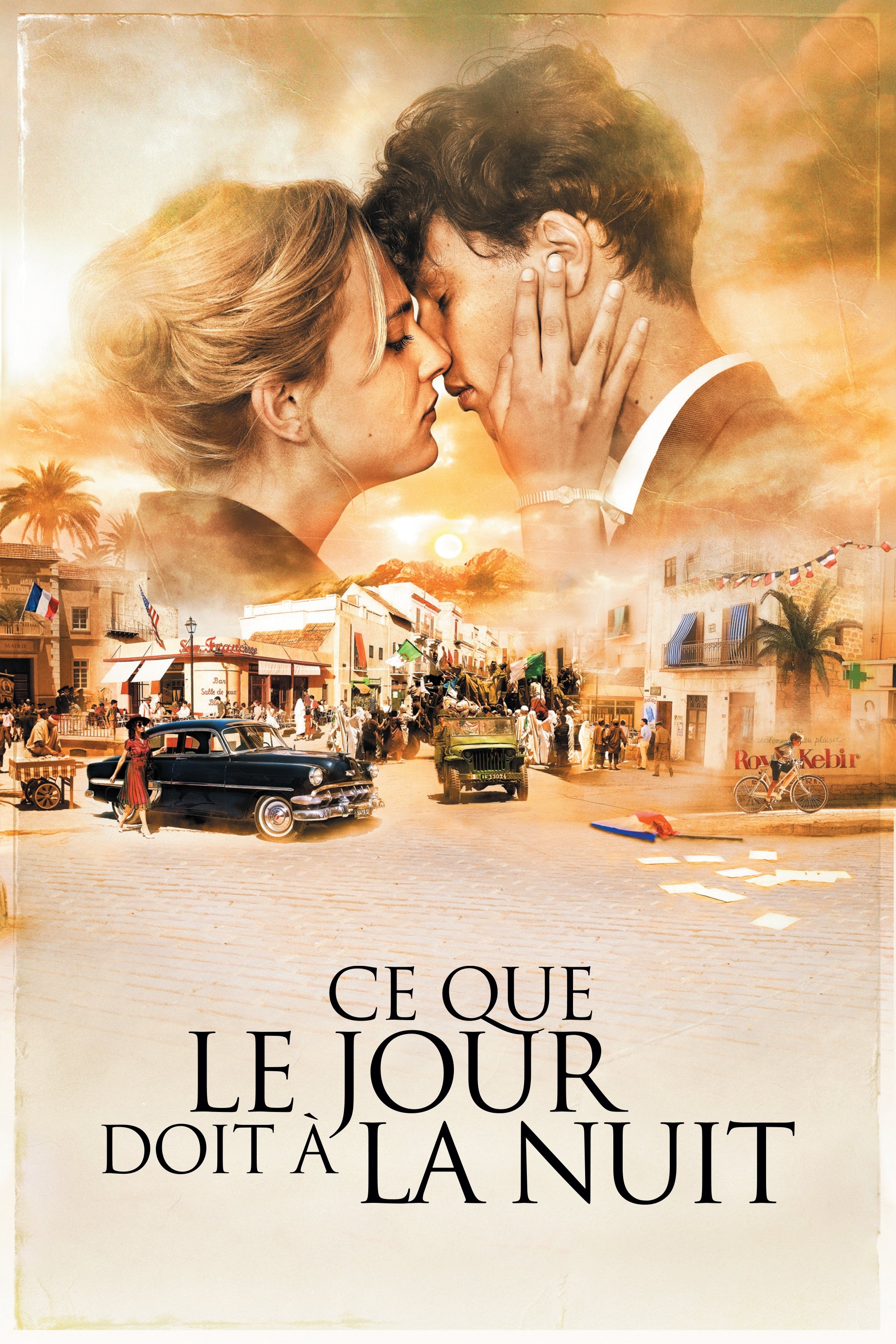
Algeria, the 1930s. Younes is nine years old when he is put in his uncle's care in Oran. Rebaptized Jonas, he grows up among the Rio Salado youths, with whom he becomes friends. Emilie is one of the gang; everyone is in love with her. A great love story develops between Jonas and Emilie, which is soon unsettled by the conflicts troubling the country.
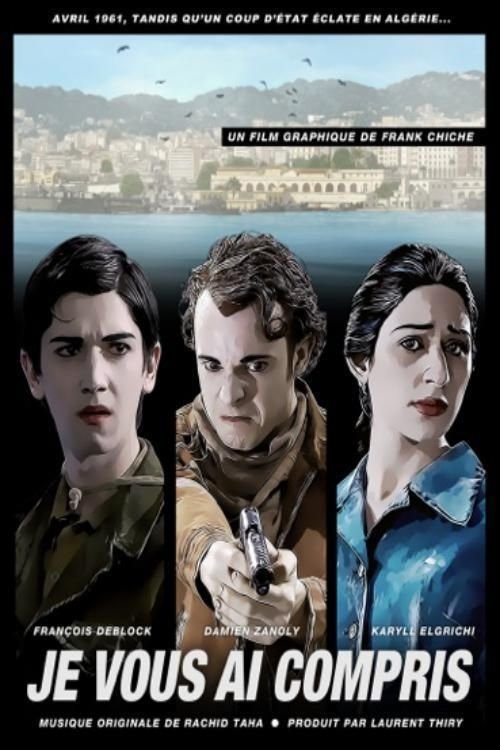
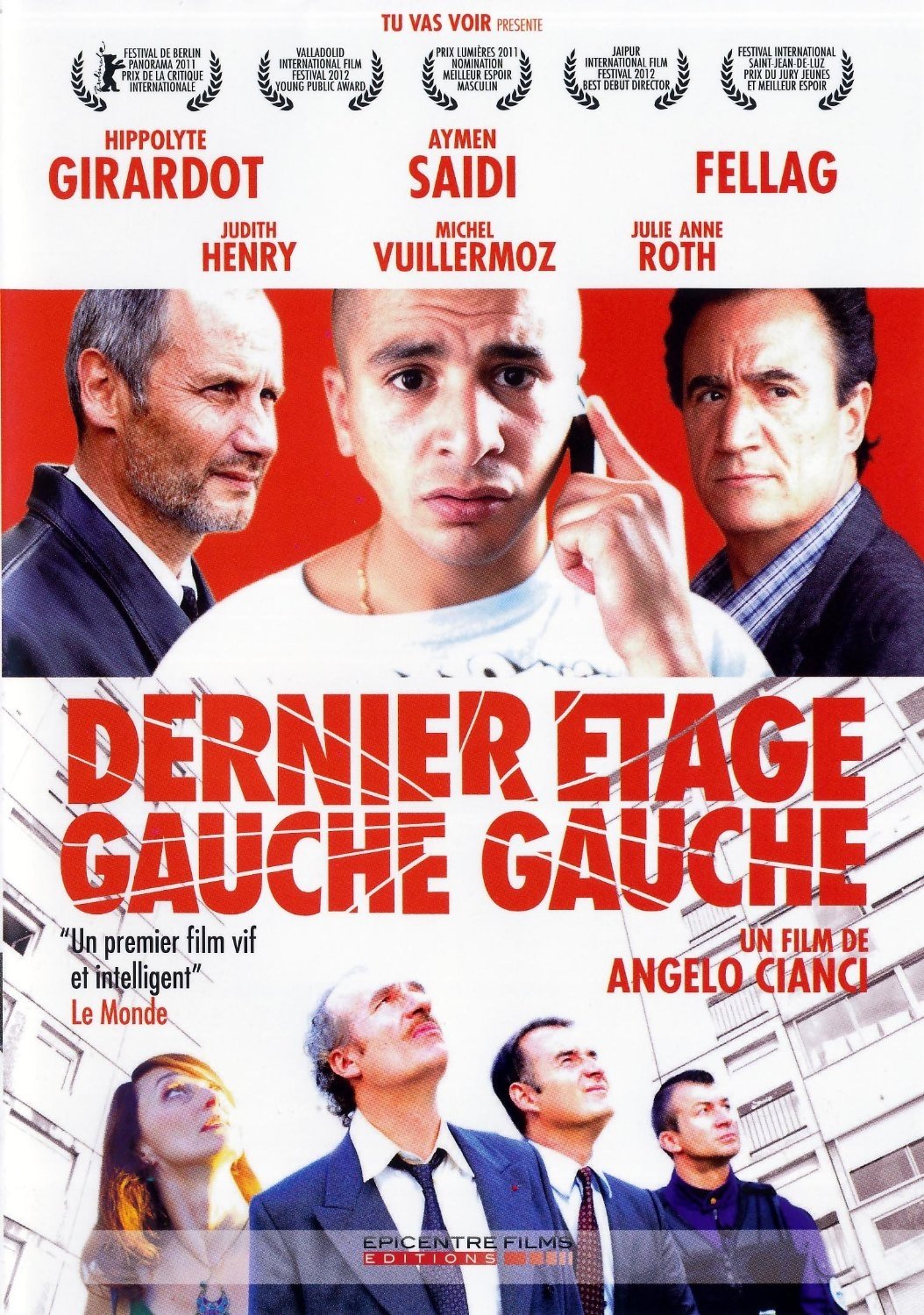
Like every morning, François Echeveria, a bailiff, should have been able to make a seizure in a suburban city, then quietly return home. But that day, fate decided otherwise. Due to a misunderstanding, he is taken hostage by an impoverished father and his wild son...
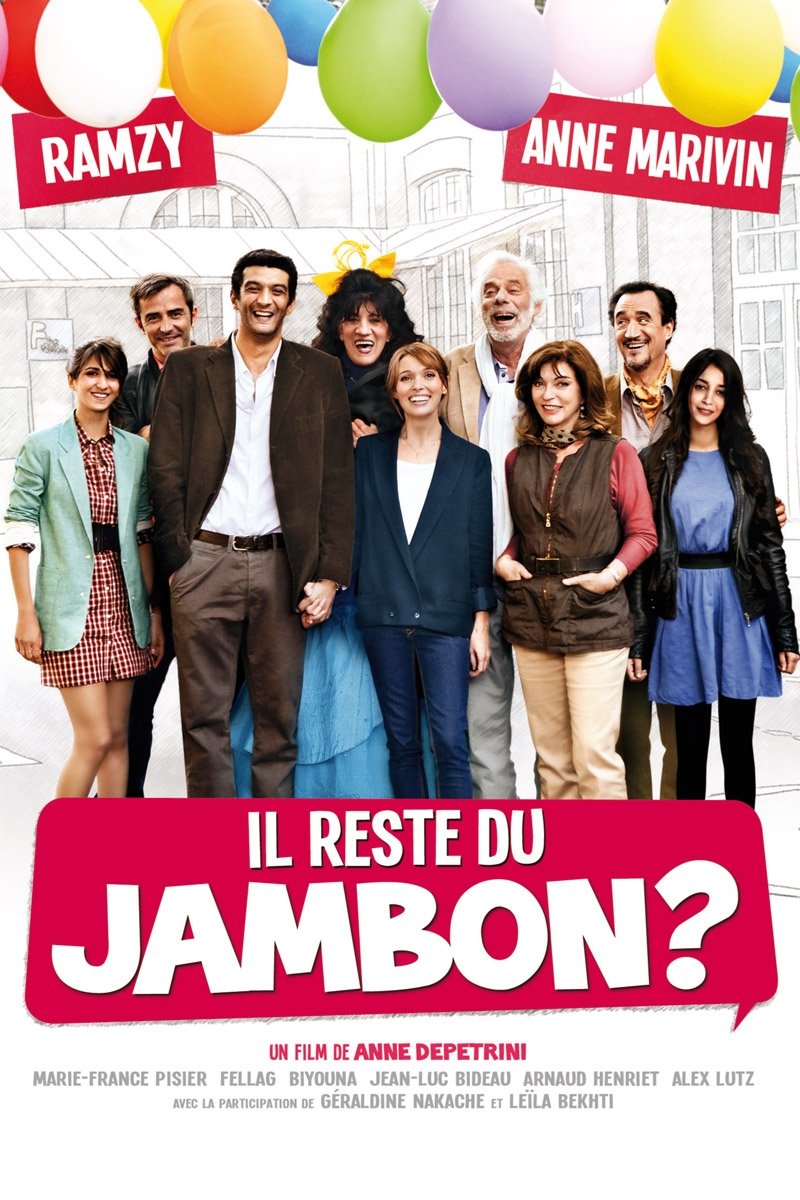
Djalil Boudaoud and Justine Lacroix are a surgeon and a television reporter who enter a romantic relationship despite the objections of their families to the cultural gap.
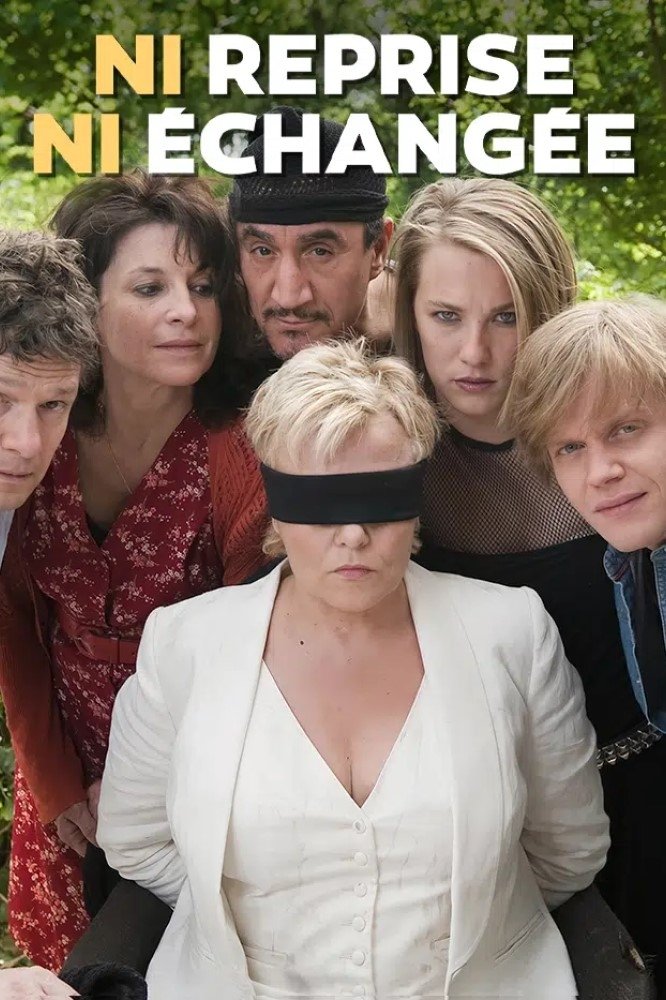
Juliette, a mother of wealthy family and a little snobbish, has gradually developed a kind of generalized contempt against his fellows. One day a bunch of little naive thugs manages to remove it. Because it is often obnoxious with his entourage, his family decided not to pay anything for her release. Shocked, Ellie began to join her captors in order to concoct a revenge more expensive. The unsympathetic billionaire turns against her will in a sort of Robin embittered and vengeful wood. Soon, his family is forced to pay more attention to his kidnapping: worrying samples are taken by Juliette, free-spending ...
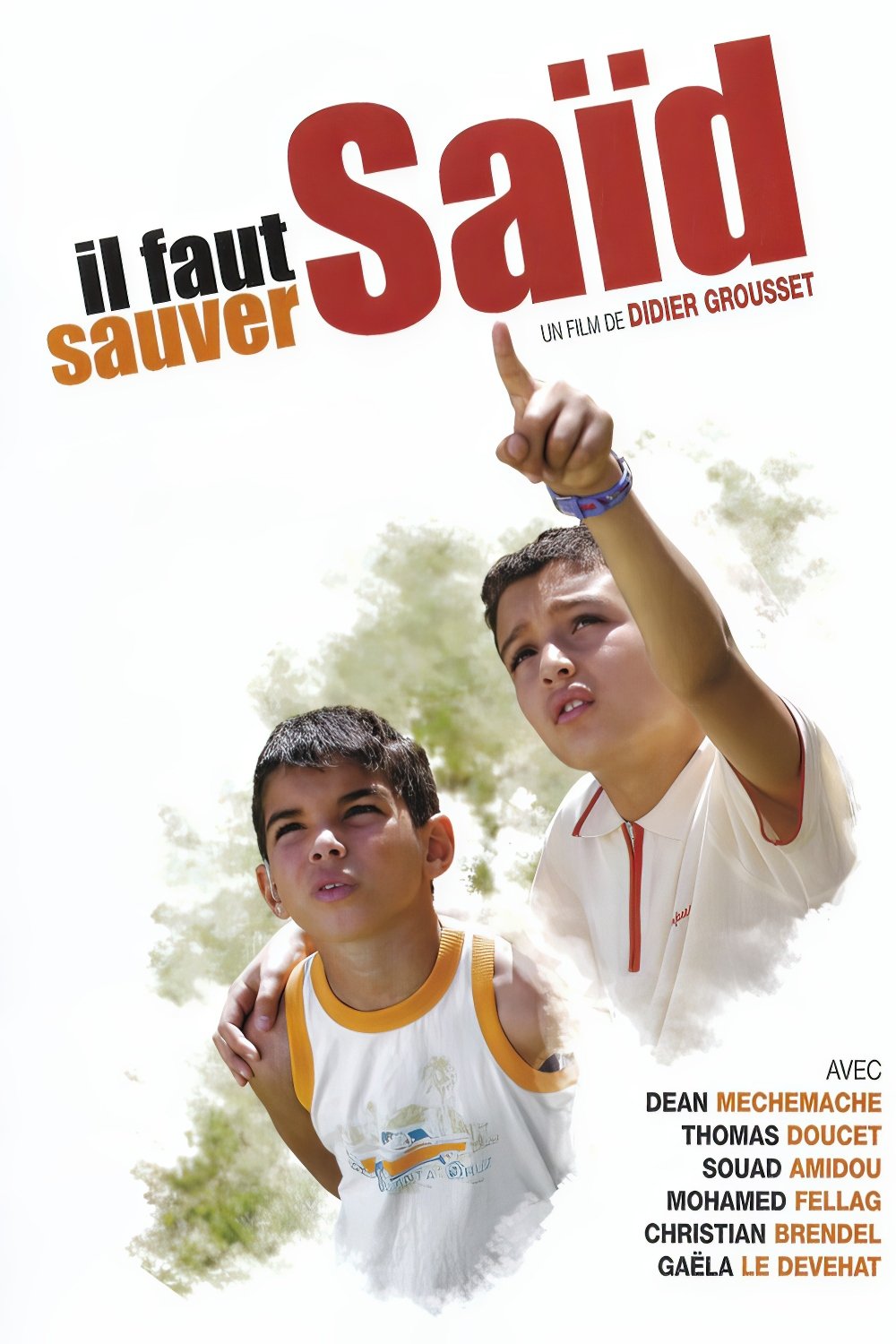
10-year-old Saïd, a child of Algerian immigrants, is talented, motivated and would like to be a good student. But the conditions at the collège he attends in the Parisian banlieue hardly give him a chance. And then he is drawn into the criminal machinations of his brother.
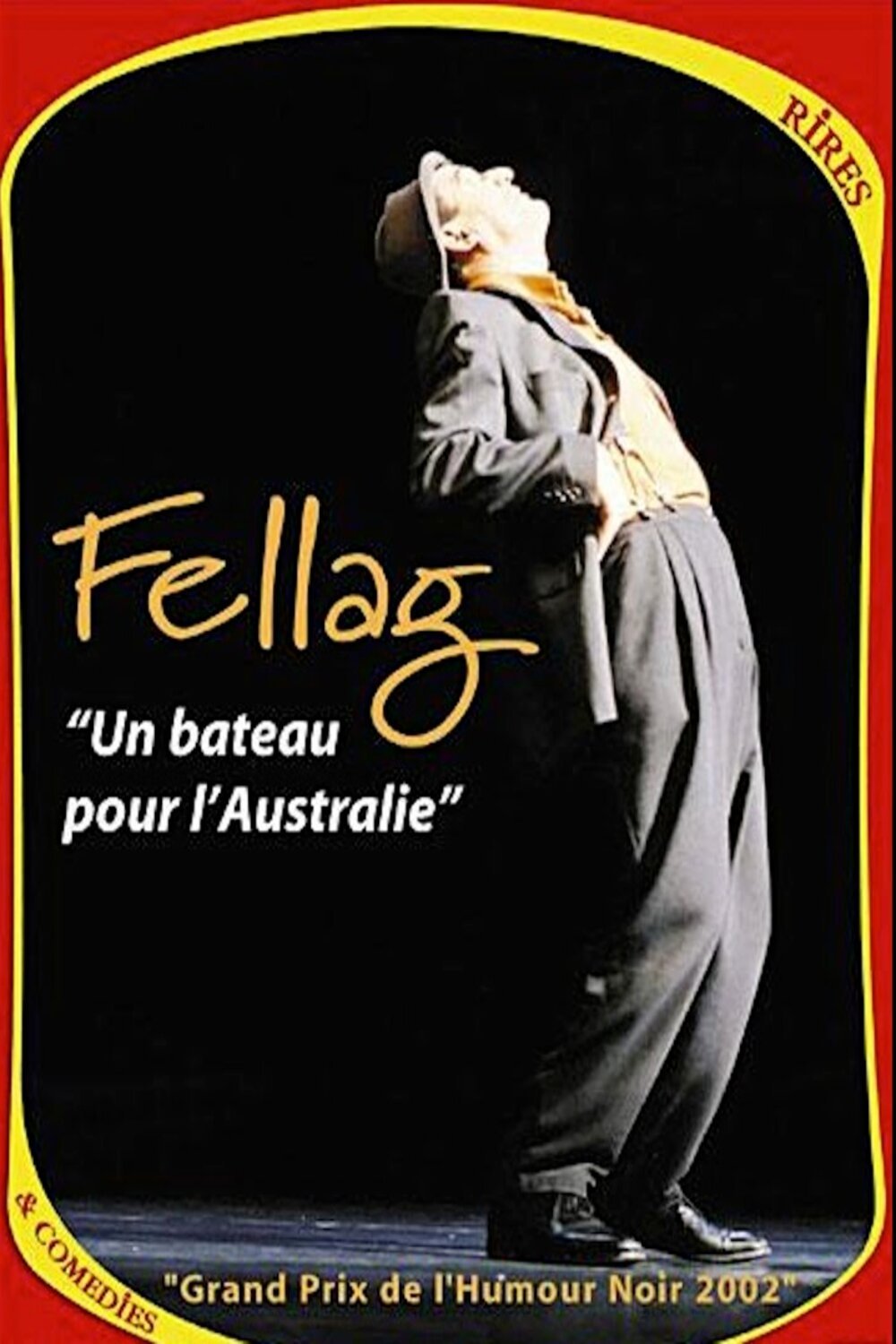
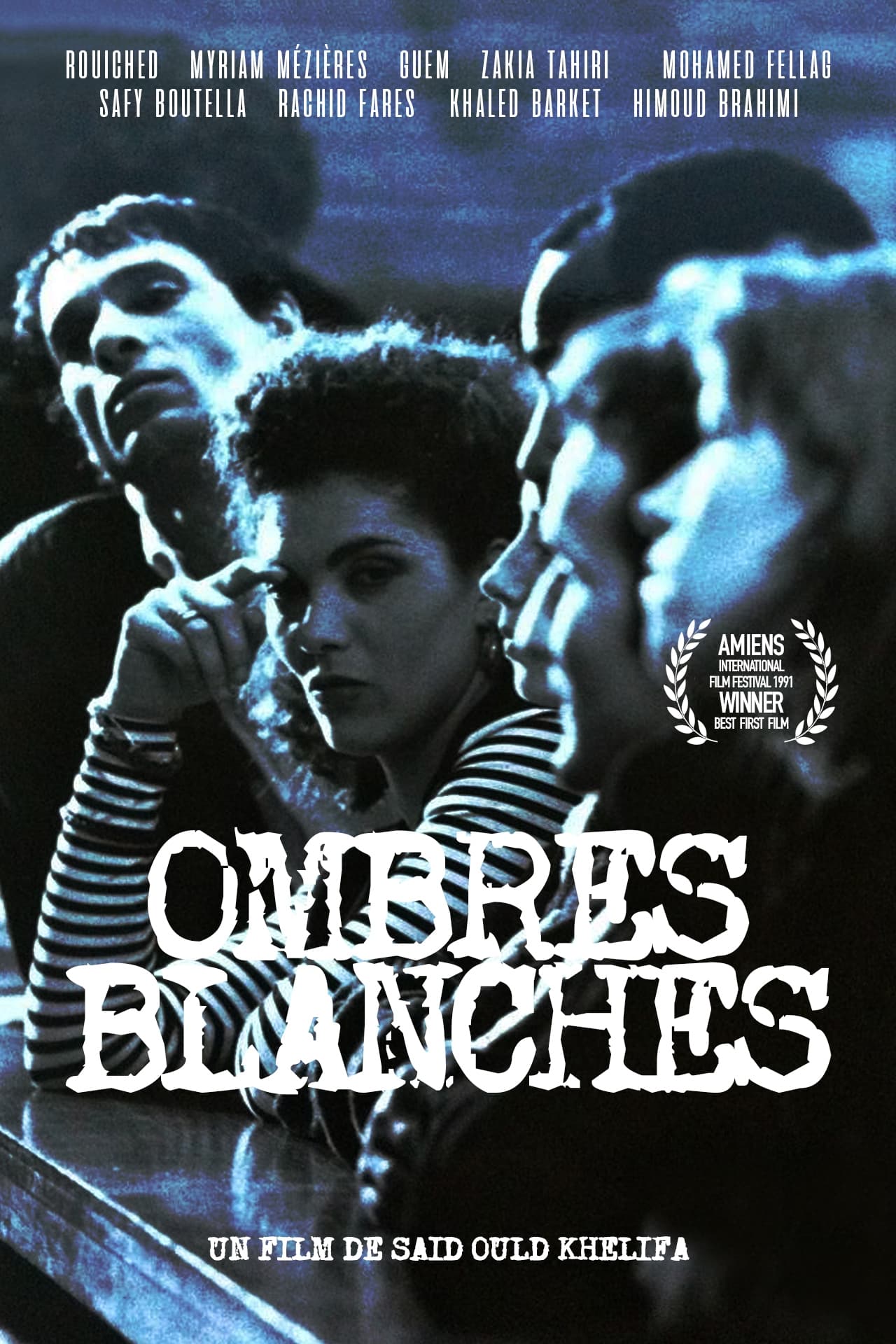
"Hijos de la tierra" presents a drama set a little before the 1920s, in which scattered news, stories and rumors spread the presence of a new wealth, oil, leading to the suspicion that a great change was about to take place.
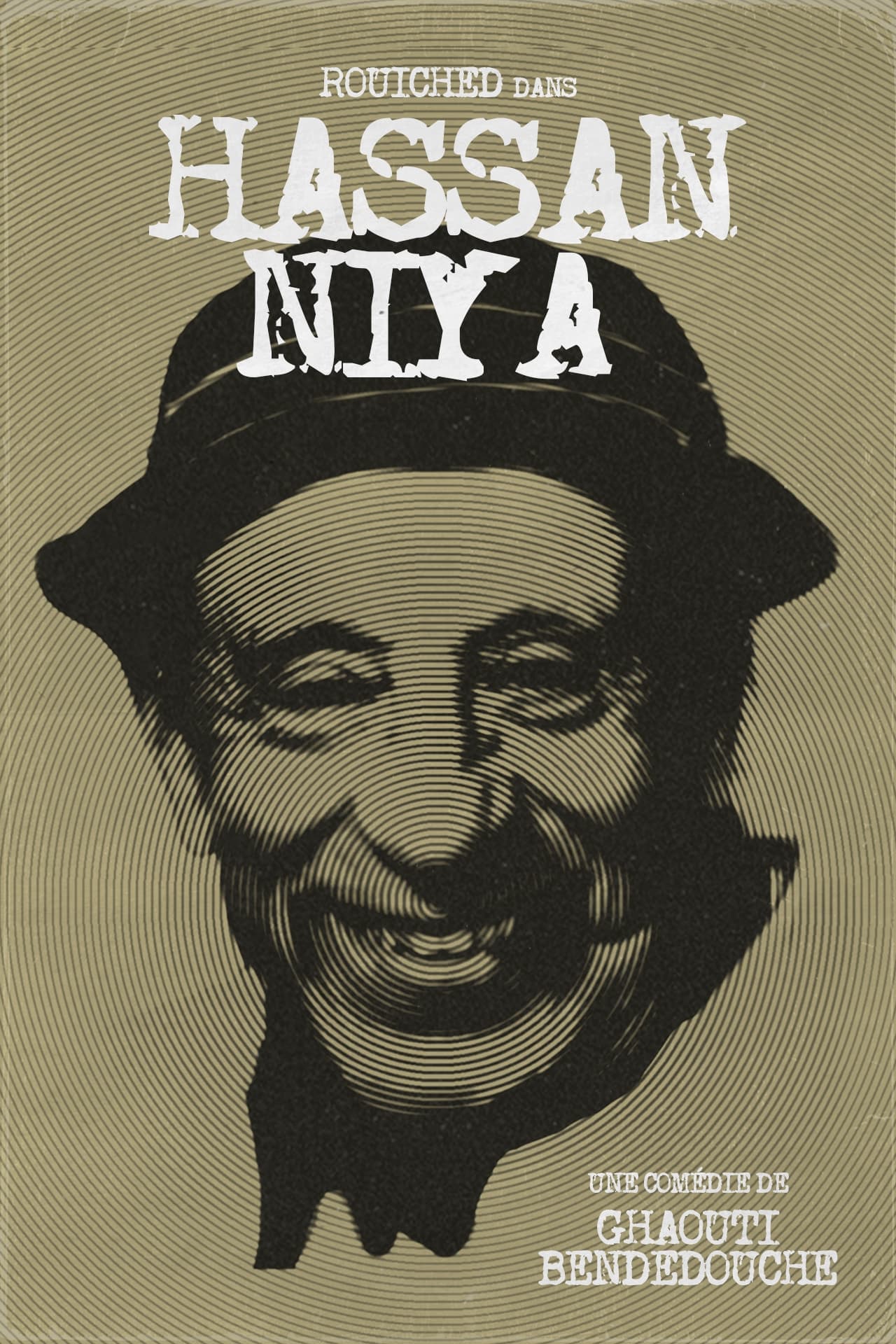
The story of Hassan, the handyman in the inn of his sister Aïcha, widowed and childless. A whole series of incidents, misunderstandings, will punctuate his daily routine in which we find him in turn driver, waiter, welder, etc. But, he refuses to submit to anything that does not conform to the idea he has of society and things...
Mohand Fellag (in Arabic محمد فلاق; in Berber ⴼⴻⵍⵍⴰⴳ), known as Mohamed Fellag or simply "Fellag" or sometimes Mohamed Saïd Fellag, is an Algerian actor, humorist and writer, born March 31, 1950 in Azeffoun in Algeria. Mohamed Fellag (ⴼⴻⵍⵍⴰⴳ in Tifinagh) was born in Azeffoun in Kabylia. He only spoke Kabyle until the family moved to Algiers when he was eight years old. He then learned Algerian Arabic and French. His father, an FLN activist during the war, was killed in a car accident in 1965 during a mission (he was 15). He studied theater at the National Institute of Dramatic and Choreographic Art of Algiers, located in Bordj el Kiffan, from 1968 to 1972. He left the National Theater and founded his company with former students. They write texts, go on tour, play in prisons, factories, etc. He emigrated to Quebec in 1978, then to Paris in 1982, living from small jobs. In September 1985, he returned to Algeria and was hired by the Algerian National Theater to perform "The Art of Comedy" by Eduardo De Filippo. He worked as an actor and director, and began writing his texts, including his first show, "Les Aventures de Tchop" in 1986. He became a star thanks to performances mixing Berber, Arabic and French. In 1991, "Babor Australia" was created in Kabyle, then performed in Algerian Arabic in Paris. At the Théâtre de l'Europe in 1992, it was performed alternately in Kabyle and Algerian Arabic. "Babor Australia", updated to "A boat for Australia" in 2002, is based on a rumor, evoking the imminent arrival in Algiers of an Australian boat supposed to take unemployed people to provide them with employment and accommodation there, which caused a queue in front of the Australian embassy. He directed the Béjaïa theater for a while in 1992-939. The Algerian Civil War broke out, Fellag went on tour in 1994 with "Babor Australia", in Algeria then in Tunisia. At the end of the year, he settled in Tunis where he created "Delirium". In 1995, he went into exile in Paris. He writes there "Djurdjurassique Bled", which is represented alternately in Kabyle and Algerian Arabic. Then, he adapted it into French and this first show in French, created in December 1997, earned him the 1997-1998 Critics' Union Prize, theatrical revelation of the year. Fellag lived with the actress Marianne Épin, who died on December 9, 2017, who staged several of his last shows.
By browsing this website, you accept our cookies policy.